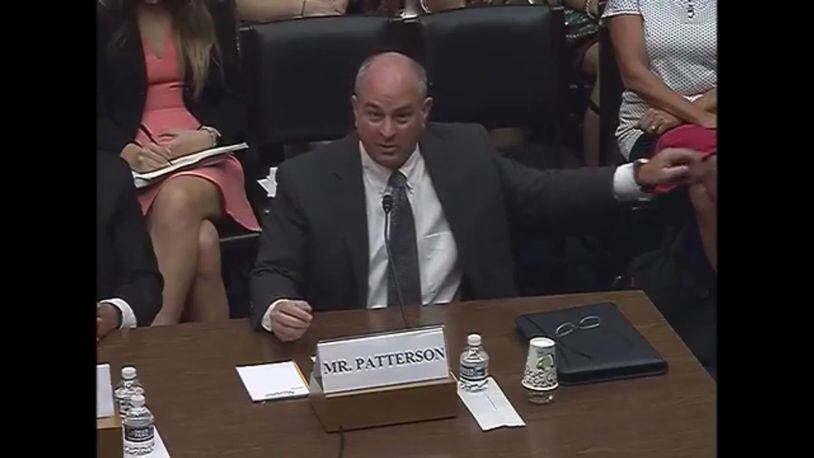“The drug use in Clark County is still significant, we are just not seeing as many overdoses,” Patterson said. “Narcan is more prevalent out there and more lives are saved by it.”
MUST READ: Springfield mom: ‘I was a horrible mother’ on drugs
Along with opioid epidemic, Patterson told the Springfield News-Sun this week that his office is seeing an increase in use of meth and crack cocaine. Many of the users have children who end up being neglected because of their of parent’s addiction, he said.
There is a clear connection between drugs in the home and children suffering childhood trauma, Patterson said.
“Kids need stable housing, food and they need somebody that loves them and unfortunately in the United States and Clark County, we still have kids that are food insecure, they don’t know when they are going to eat next or where they are going to sleep tonight. home or grandma house or the shelter or wherever.”
There are about 200 children in foster care or a kinship program here, according to statistics from the Clark County Department of Jobs and Family Services, and deputy director Denise Estep previously said more than half of those kids have been impacted by parents on drugs.
READ: Springfield lawmaker wants to make becoming a foster parent easier
Patterson urged the committee to continue funding research that will lead to scientifically-proven methods of overcoming addiction and to support local agencies like the Clark County Combined Health District, McKinley Hall and Rocking Horse who are on the front lines to fight the epidemic.
“The other thing is to continue to talk about it,” Patterson said. “Awareness for childhood trauma is so important and we don’t all have to be trained medical professionals to help other people heal. Having a reliable adult is one of the first things that will help the healing process.”
The long-term effects of childhood trauma are significant, Patterson said. An abusive or neglectful childhood gives a child a disadvantage as they become adults and can also alter the way a person thinks about drugs.
“I ask myself why would someone use heroin,” he said. “Everyone knows it’s dangerous. An adverse childhood experience creates different neural pathways and we can’t sit here and say ‘I don’t understand why they did that.’ They are making different choices because of the trauma and we haven’t stood in their shoes.”
And usually, that trauma leads a person to end up involved with the criminal justice system, Patterson said.
“If we look at our court system, it is full of people with mental illness and substance abuse issues,” Patterson said. “If we can prevent childhood trauma early by treating the trauma, then we could be a much healthier community.”
About the Author
